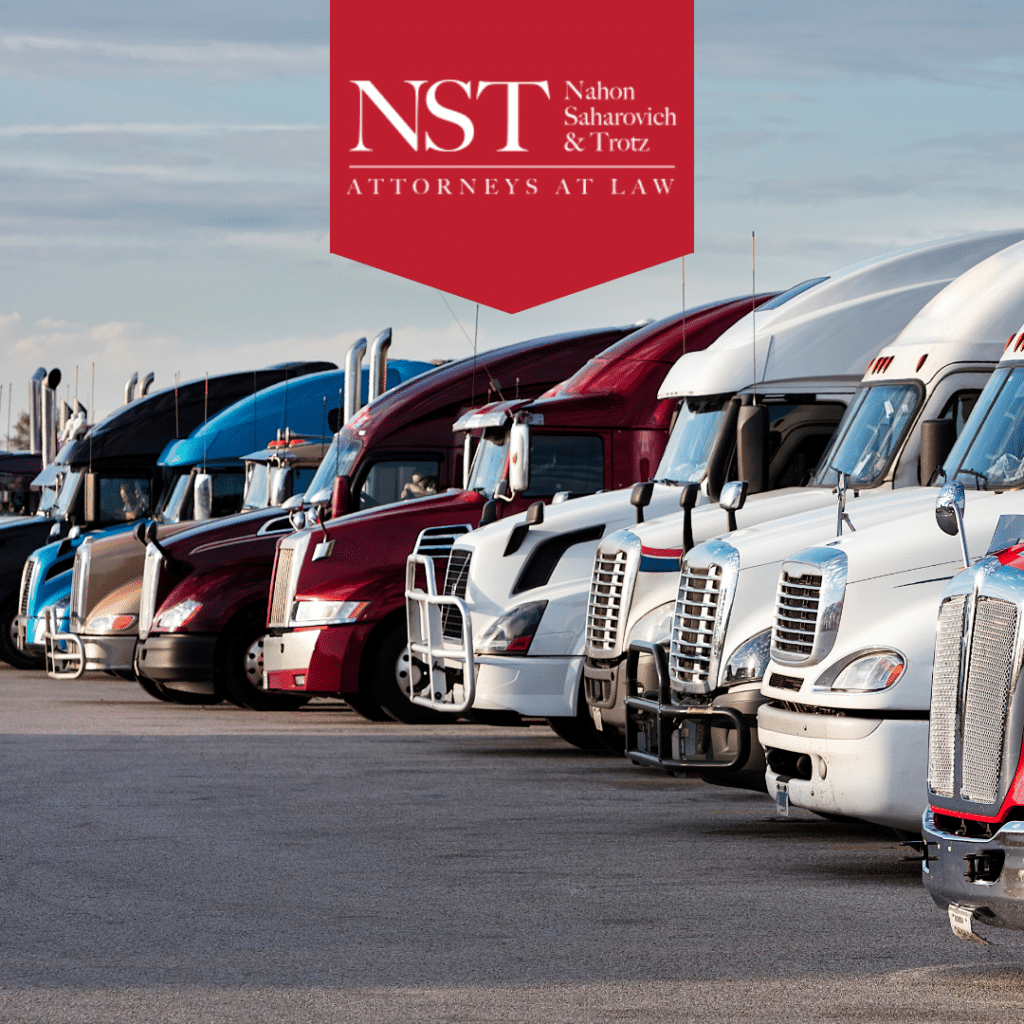Jackknifing can refer to the situation in which an 18-wheeler or tractor-trailer skids, and the trailer swings out onto the side of the cab, forming an “L” or “V” shape mirroring that of a pocketknife. Essentially, the cab moves forward but the trailer swings wide. This is a highly dangerous type of trucking accident, one that can cause significant damage to persons and property involved. It is not uncommon for a jackknife wreck to encompass multiple vehicles, sometimes three or more, especially when the trailer ends up across two or more lanes of traffic.
Jackknife accidents may shut down the road or highway for hours, if not longer. For example, this situation occurred in the Knoxville, Tennessee, area in January 2017, when Interstate 40 was shut down after a tractor-trailer jackknifed. In cases involving severe injuries or fatalities, police officers and investigators from agencies such as the Critical Incident Response Team (CIRT) will normally respond immediately.
Why would a crash of this magnitude occur? It may be due to one of the following reasons, or a combination of them:
Mechanical Problems
- Jackknifing can be caused by a number of mechanical issues on the vehicle, including brake problems, malfunctioning transmission, and faulty engine parts. Section 396.3 of the Federal Motor Carrier Safety Administration (FMCSA) Code of Federal Regulations states “every motor carrier and intermodal equipment provider must systematically inspect, repair, and maintain…all motor vehicles and intermodal equipment subject to its control.” The rules also specify standards regarding record keeping and retention. This is somewhat of a vague requirement, since maintenance will vary from vehicle to vehicle. Thus, it is up to the carrier to determine proper intervals for inspection, maintenance, and repair of its vehicles. Failure to execute accordingly can give rise to liability.
Poor Weather
- Jackknifing is more likely to occur during situations of inclement weather, including rain, sleet, and ice, as slick roads can present complications when braking, such limited visibility and problems with tire traction. For instance, when a trucker applies the brakes, slick roads make it more likely that the truck will skid and be unable to come to a complete stop. Per FMCSA guidelines, truckers are encouraged to exercise “extreme caution” when operating a commercial vehicle during hazardous conditions, which are defined to include rain, dust, smoke, a sleet, ice, and snow. When these conditions present themselves, the driver should first immediately reduce speed. If the conditions become “sufficiently dangerous,” the driver should stop driving until it is safe to resume.
Driver Error
- This is the most common cause of car and truck accidents in general. In all states, drivers are expected to act reasonably under the circumstances and exercise caution behind the wheel. For example, drivers should refrain from speeding and engaging in other forms of negligence, which could include failing to maintain a safe lookout, texting while driving, or failing to yield the right-of-way. Truckers should also leave enough stopping distance between themselves and vehicles in front in order to allow sufficient time to brake. Jackknifing can occur when sudden braking is required. If it turns out that the driver was not sufficiently trained on how to operate a large 18-wheeler, the trucking company may be responsible for negligent or improper training. FMCSA regulations mandate that employers train their drivers to handle situations involving jackknifing, including ways to prevent it from happening
Trucking crashes should not be taken lightly. They have the ability to cause significant damage and, depending on the facts, catastrophic injuries like broken bones, traumatic brain damage, and paralysis. Call Nahon, Saharovich & Trotz if you or a loved one has been involved in an accident with an 18-wheeler. Our trucking accident attorneys can be reached by calling 800-529-4004 or completing our online form. Available to take your call 24/7, we take pride in fighting for the rights of injured victims. NST ARE THE ONES FOR YOU…
 Skip to content
Skip to content


